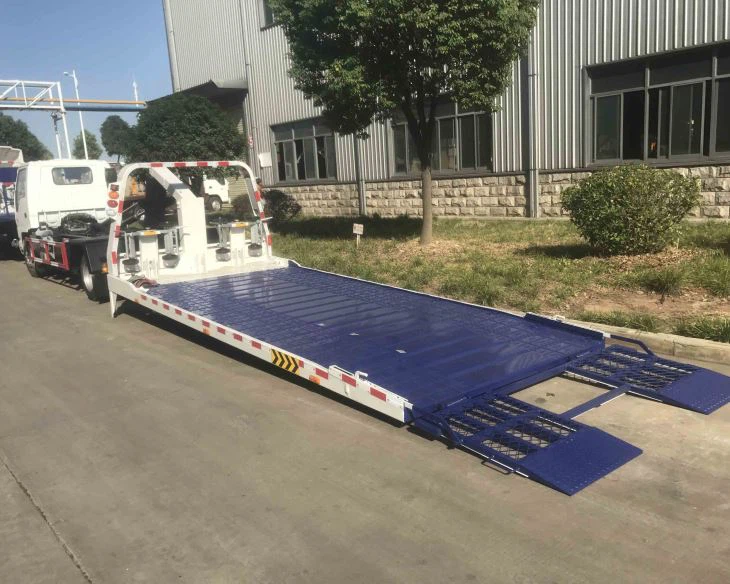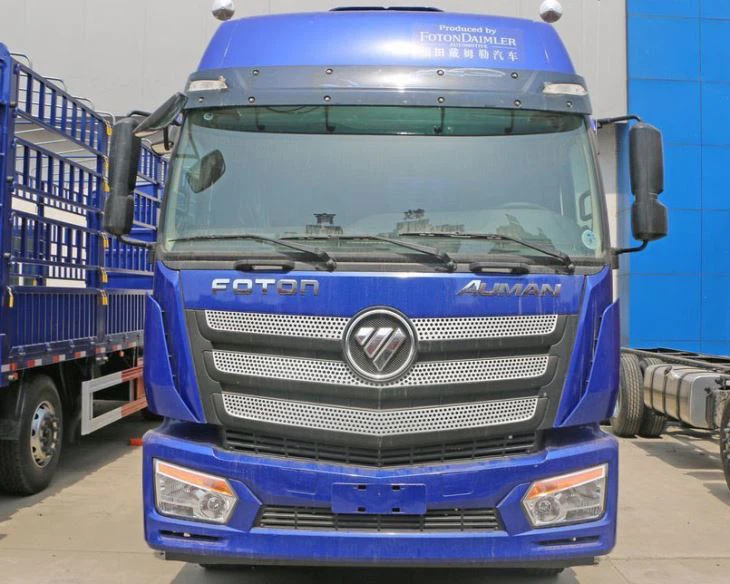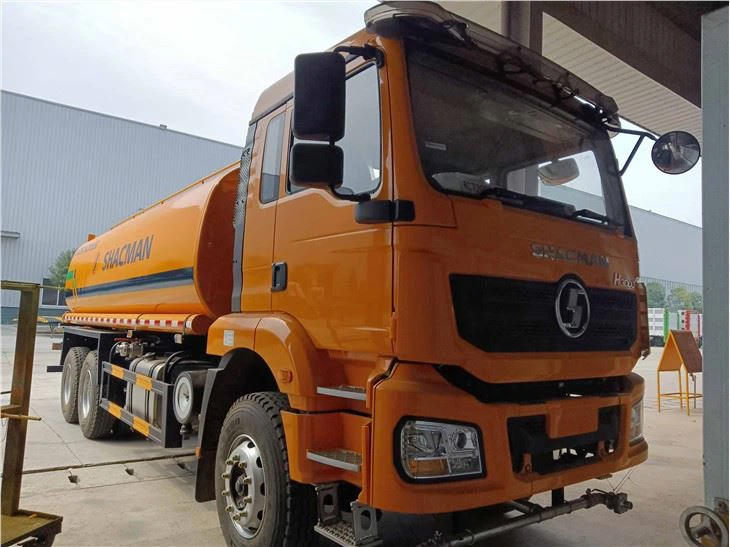CNG Trash Trucks: Revolutionizing Waste Management

In the wake of increasing concerns over air pollution and climate change, the waste management industry is evolving rapidly. One significant change is the adoption of Compressed Natural Gas (CNG) trucks for refuse collection. This article will dive deep into CNG trash trucks, exploring their benefits, impacts on waste management, and much more.
What Are CNG Trash Trucks?
CNG trash trucks are refuse collection vehicles powered by compressed natural gas. Instead of relying on diesel fuel, which emits higher levels of harmful pollutants, CNG trucks leverage cleaner-burning natural gas. This shift not only enhances air quality but also contributes to reducing greenhouse gas emissions.
How Do CNG Trash Trucks Work?
CNG trucks operate similarly to traditional refuse trucks but utilize an engine specifically designed or modified to run on compressed natural gas. The CNG is stored in high-pressure tanks mounted on the truck chassis. When the engine runs, this gas is released and converted into energy to power the vehicle.
Benefits of CNG Trash Trucks
The benefits of using CNG trash trucks are extensive and can significantly improve waste management operations.
1. Environmental Benefits
CNG trucks emit significantly fewer pollutants, including particulate matter and nitrogen oxides. This leads to better air quality, especially in urban areas where refuse collection is concentrated.
| Emissions Comparison | Diesel Trucks | CNG Trucks |
|---|---|---|
| Particulate Matter (PM) | High | Very Low |
| Nitrogen Oxides (NOx) | High | Lower |
| Greenhouse Gases (GHG) | High | Lower |
2. Economic Advantages
While the initial investment for CNG trucks can be higher, operating costs are often lower due to the price of natural gas being less volatile than diesel fuel. Additionally, maintenance costs are typically reduced because CNG engines have fewer moving parts and lower wear and tear.
3. Energy Independence
Using domestically sourced natural gas helps reduce dependency on foreign oil, bolstering national energy security. This shift can stabilize fuel prices and support local economies.
Challenges in Implementing CNG Trash Trucks
Despite their advantages, there are challenges in adopting CNG technology.
Limited Infrastructure
CNG refueling stations are not as widespread as diesel, which can lead to logistical difficulties in regions without adequate infrastructure.
Higher Initial Costs
The upfront cost of purchasing CNG trucks and building the needed refueling stations can be a barrier for many municipalities and private waste management companies.
Differences Between CNG and Diesel Trash Trucks
To better understand the implications of switching from diesel to CNG, let’s look at the key differences between the two fuel types.
| Feature | CNG Trash Trucks | Diesel Trash Trucks |
|---|---|---|
| Fuel Source | Compressed natural gas | Diesel fuel |
| Emissions | Lower pollutants | Higher pollutants |
| Cost of Fuel | Generally cheaper | Variable costs |
| Noise Level | Quieter operation | Noisy operation |
Practical Examples of CNG Trash Truck Implementation
Case Study: Seattle, Washington
The city of Seattle has successfully integrated CNG trash trucks into its waste management fleet. With over 65 CNG refuse trucks in operation, the city reports a significant reduction in emissions, which has also contributed to improved air quality metrics.
Case Study: Los Angeles, California
Los Angeles has over 200 CNG trash trucks serving the community. The city has set ambitious sustainability goals, and the use of CNG vehicles is a key component of their strategy, demonstrating a commitment to environmental responsibility.
How to Transition to CNG Trash Trucks
Transitioning to CNG trucks requires a strategic approach. Here are practical steps to consider:
1. Assess Your Fleet Needs
Evaluate your current fleet’s size and operational needs. Determine how many trucks will need to be converted or purchased.
2. Conduct a Cost-Benefit Analysis
Assess the long-term savings associated with CNG trucks compared to diesel. Include fuel costs, maintenance, and environmental benefits in your analysis.

3. Explore Funding Opportunities
Various federal, state, and local grants and incentives are available to help offset the costs associated with acquiring CNG trucks and building refueling infrastructure.
4. Develop a Refueling Infrastructure

Collaborate with CNG suppliers to establish a reliable refueling network. This could include on-site refueling stations or partnerships with existing ones.
5. Staff Training
Train staff on the specifics of operating CNG vehicles, including safety protocols and maintenance best practices.
Frequently Asked Questions (FAQ)
1. Are CNG trash trucks more expensive than diesel trucks?
Initially, CNG trucks can be more expensive to purchase than diesel trucks; however, operating costs are generally lower, leading to savings over time.
2. What type of maintenance do CNG trash trucks require?
CNG trucks require similar maintenance to diesel trucks but may have lower long-term maintenance costs due to fewer moving parts. Routine inspections and servicing are still necessary.
3. How does CNG compare to electric trucks?
CNG offers a cleaner alternative to diesel without the extended charging times associated with electric vehicles. However, electric trash trucks are emerging as a viable option for certain urban environments.

4. Can CNG trash trucks operate in cold weather?
Yes, CNG trucks can operate in cold weather. Manufacturers design these vehicles to function effectively in various temperature ranges with appropriate precautions.
5. Where can I find CNG refueling stations?
CNG refueling stations can be found via various online directories or through local natural gas utilities. As demand grows, more stations are being established in urban areas.
